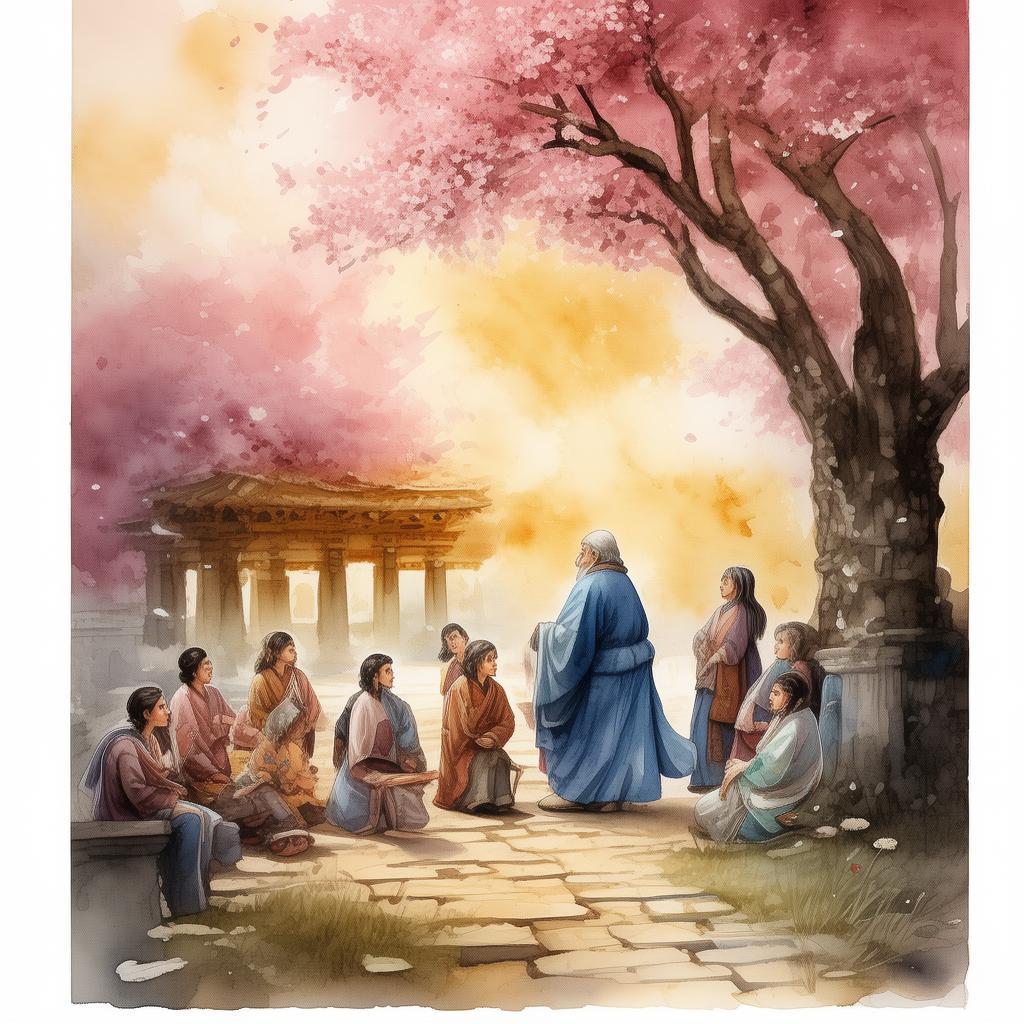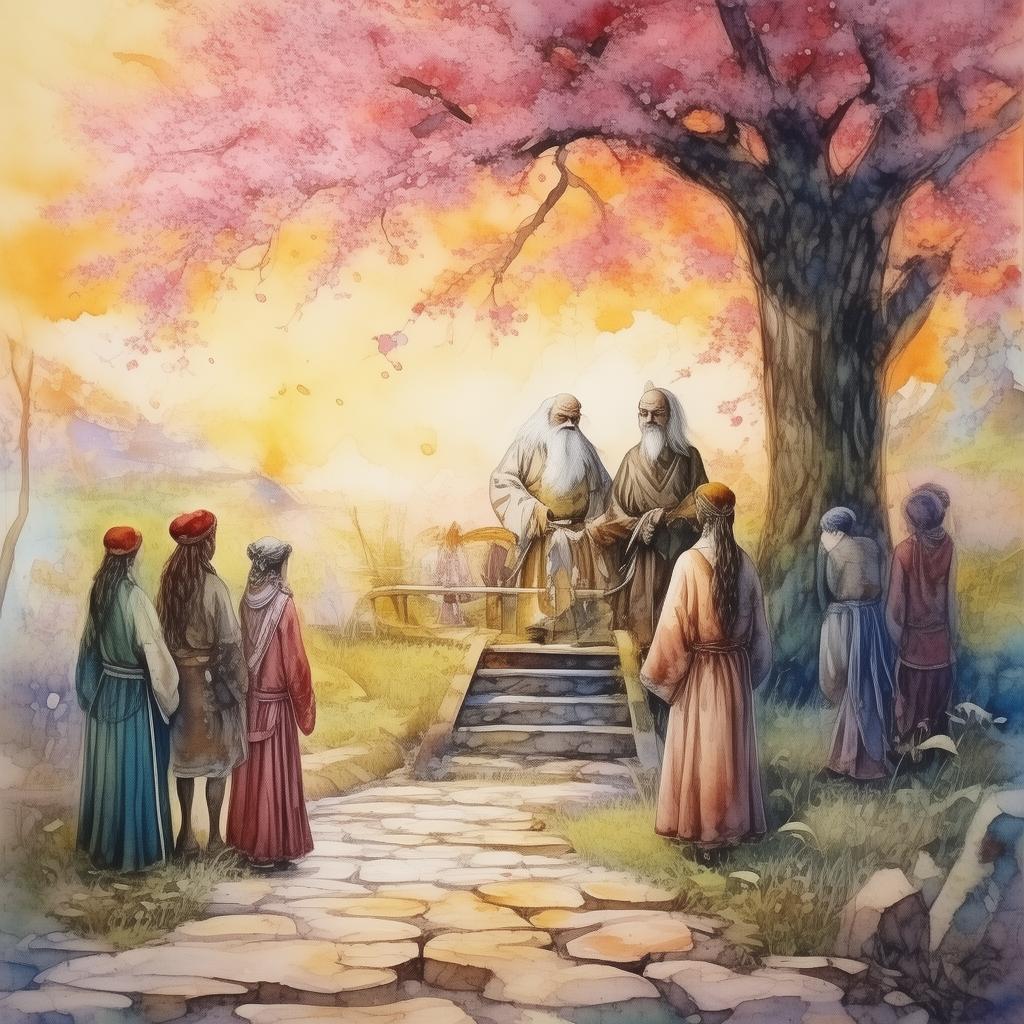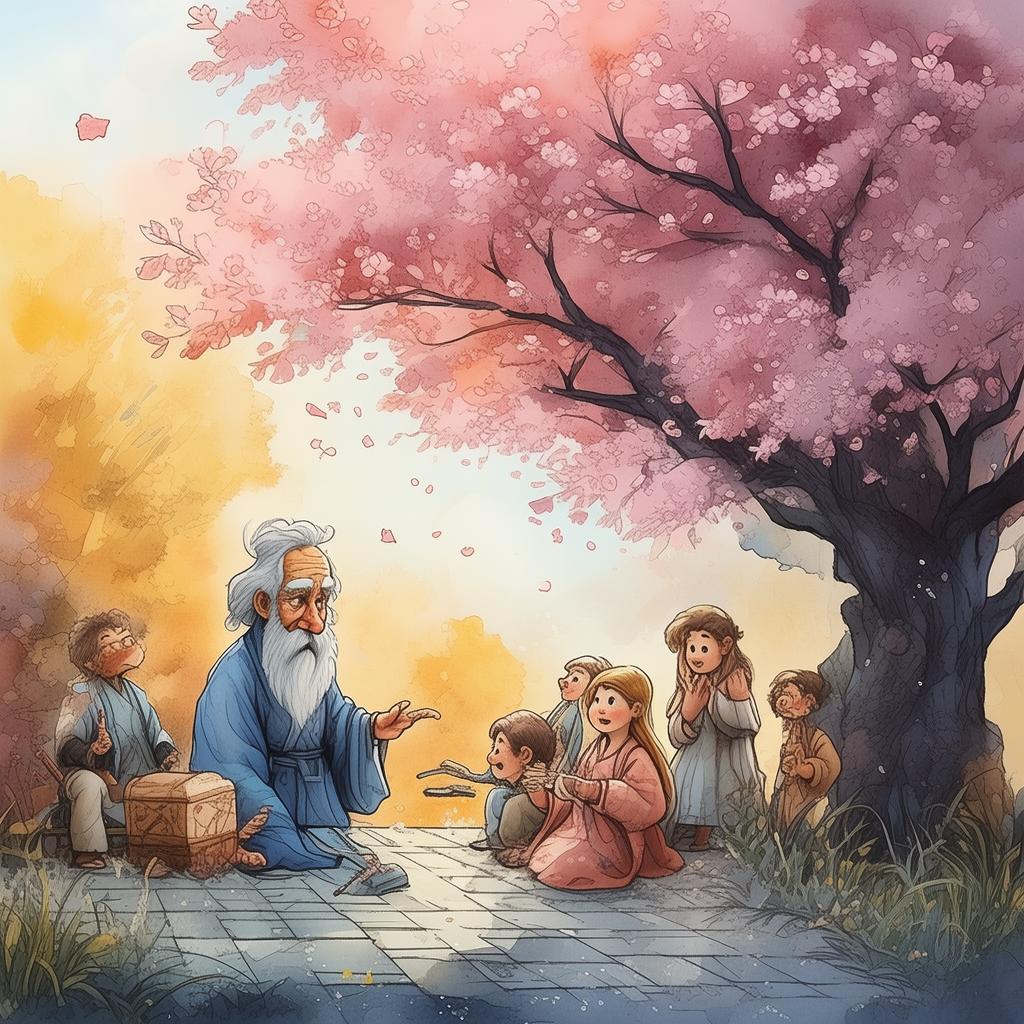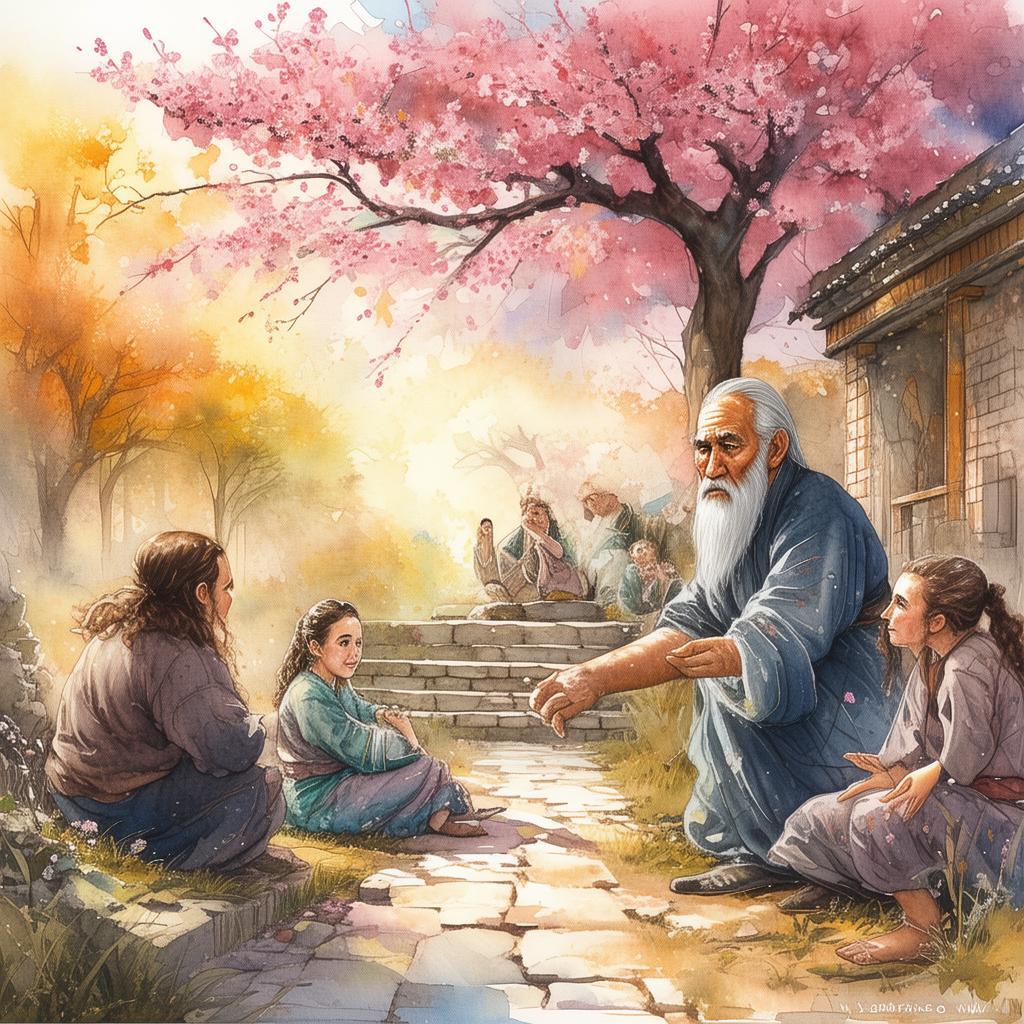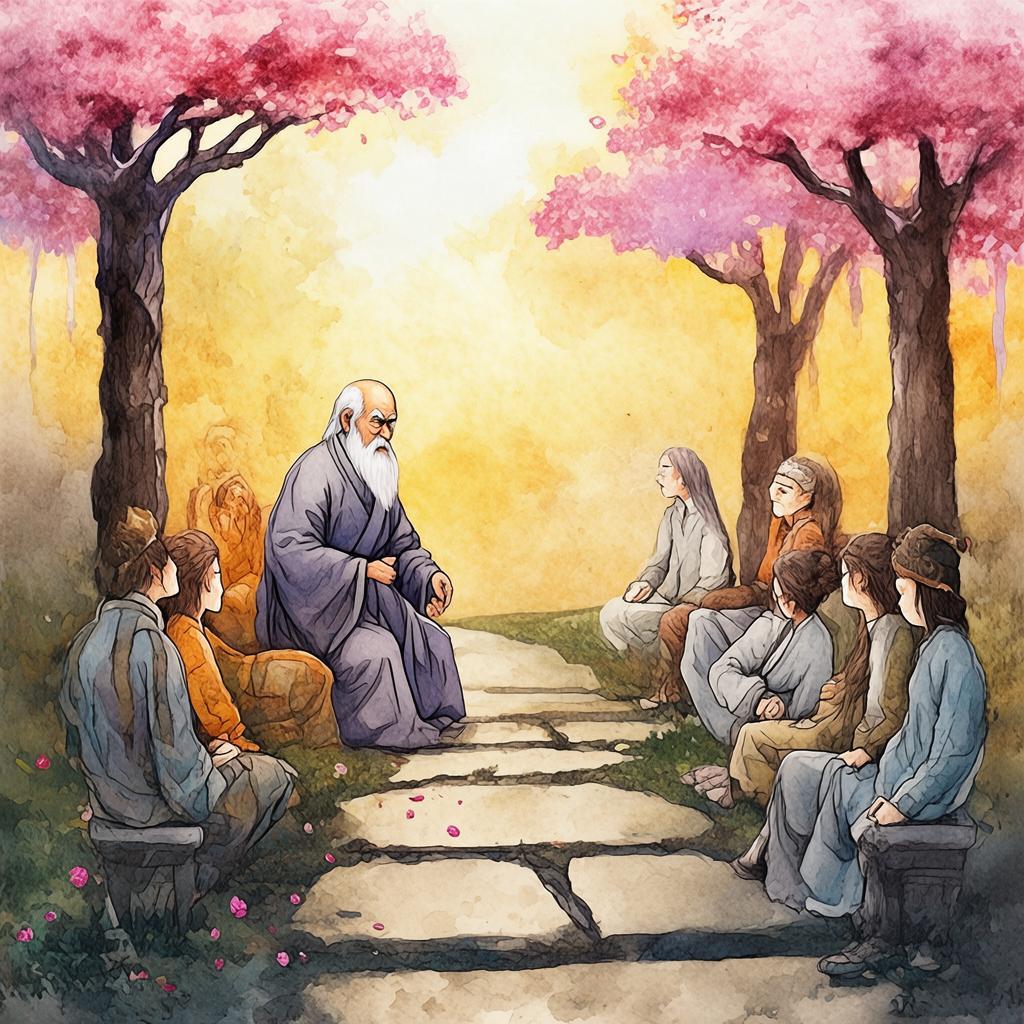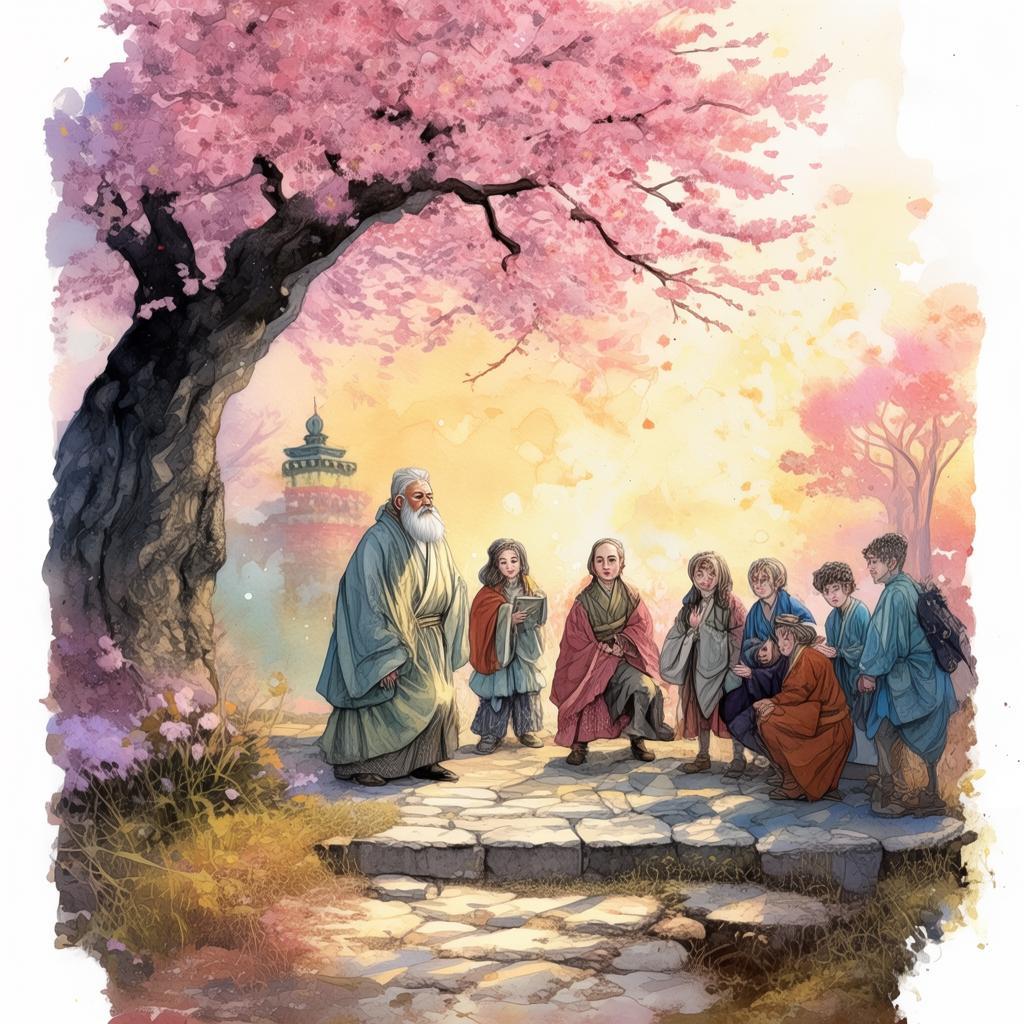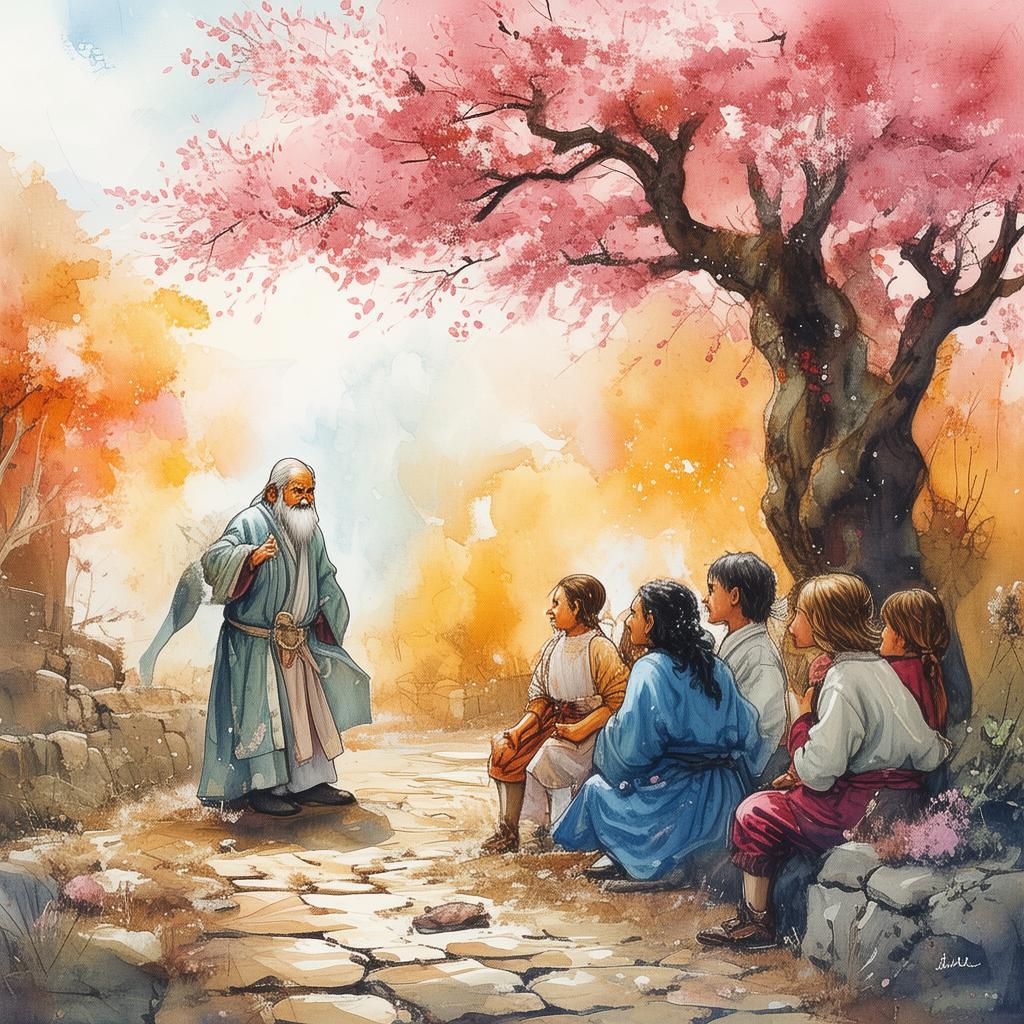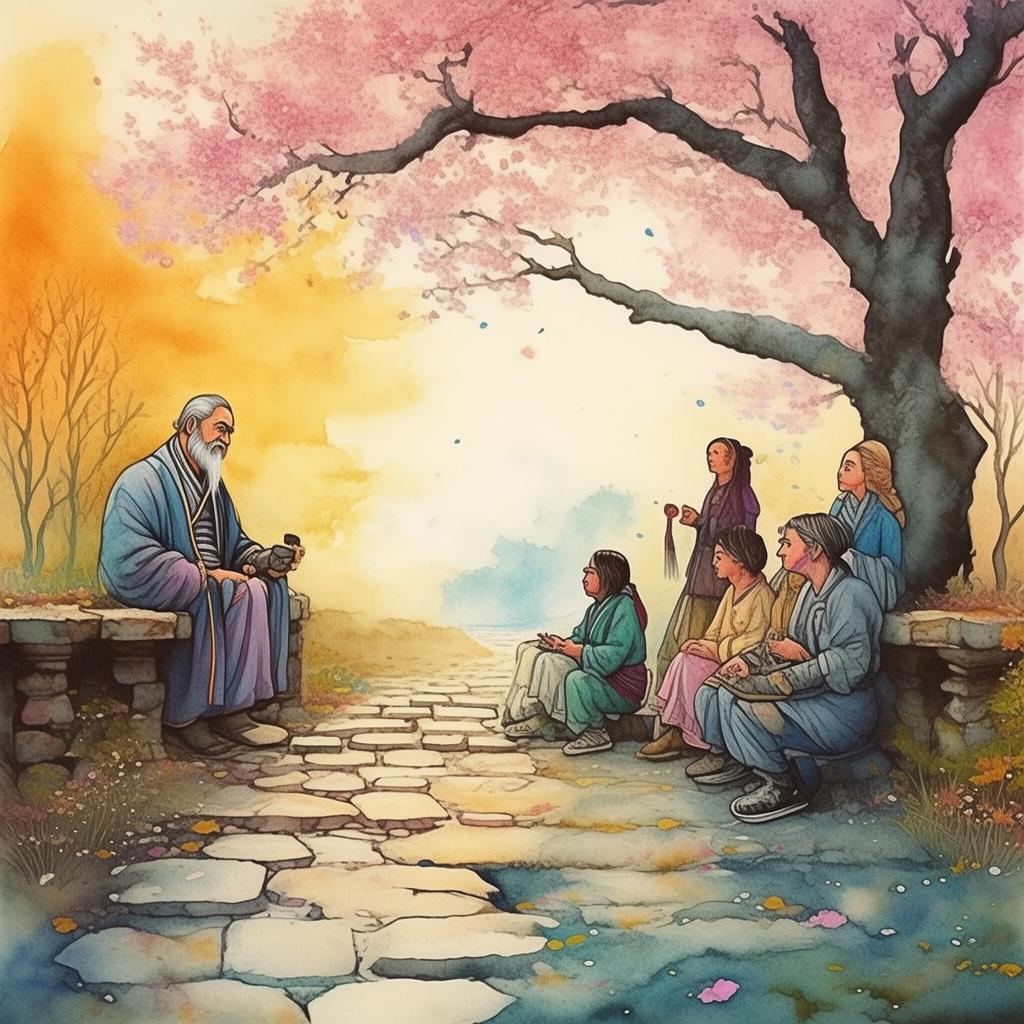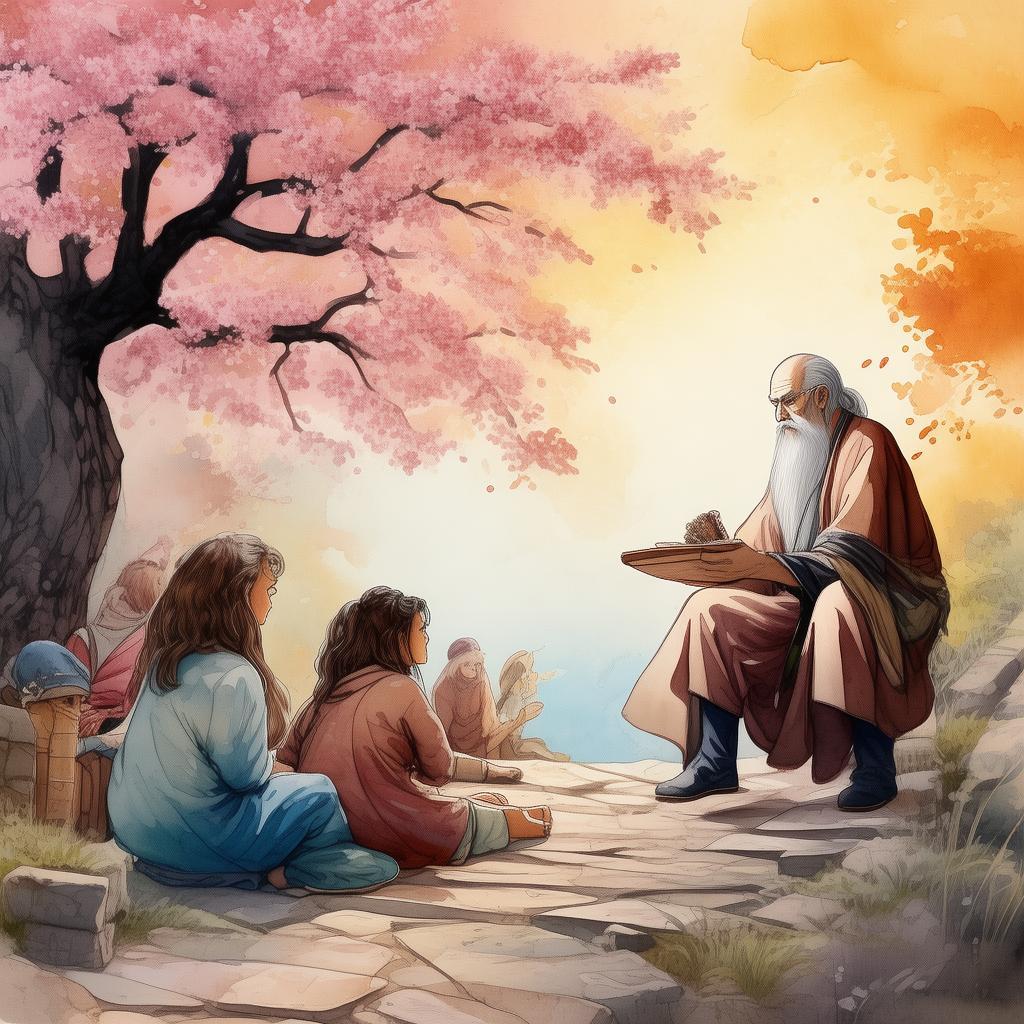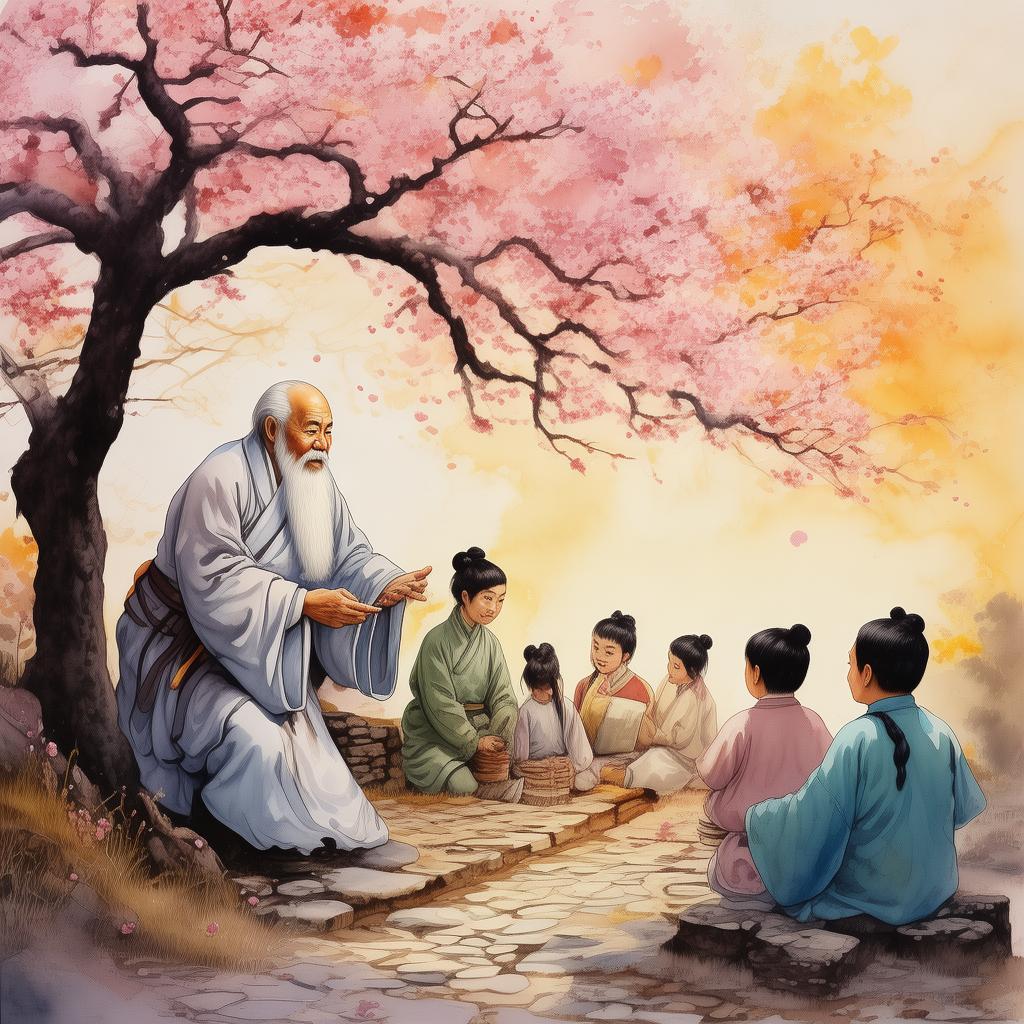Seven Keys to the Mind's Paradox
In the ancient city of Lushan, there stood a grand library known as the Scholar's Dilemma, where the greatest minds of the empire gathered to unravel the enigmas of the universe. Among these scholars was a young man named Jing, whose mind was as sharp as a razor and whose heart was as vast as the cosmos.
Jing had always been fascinated by the Mind's Paradox, a theory positing that the more one knows, the more one realizes the limits of one's knowledge. This paradox had become the driving force of his life, pushing him to seek the ultimate truth.
One day, as he wandered through the labyrinthine halls of the library, Jing stumbled upon a dusty, leather-bound book titled "Seven Keys to the Mind's Paradox." The book had been hidden away for centuries, its secrets known only to the most enlightened scholars. Intrigued, Jing decided to study the book and unlock its mysteries.
The first key, as the book explained, was to embrace emotional conflict. Jing, who had always kept his emotions in check, found this to be the most challenging. He began to confront his fears and desires, allowing himself to feel deeply for the first time. As he did, he realized that his emotions were the very essence of his humanity.
The second key was to understand the nature of the mind itself. Jing spent countless hours meditating, trying to clear his mind of all thoughts. Yet, in this silence, he discovered that his mind was never truly empty—it was a vast sea of thoughts, emotions, and memories.
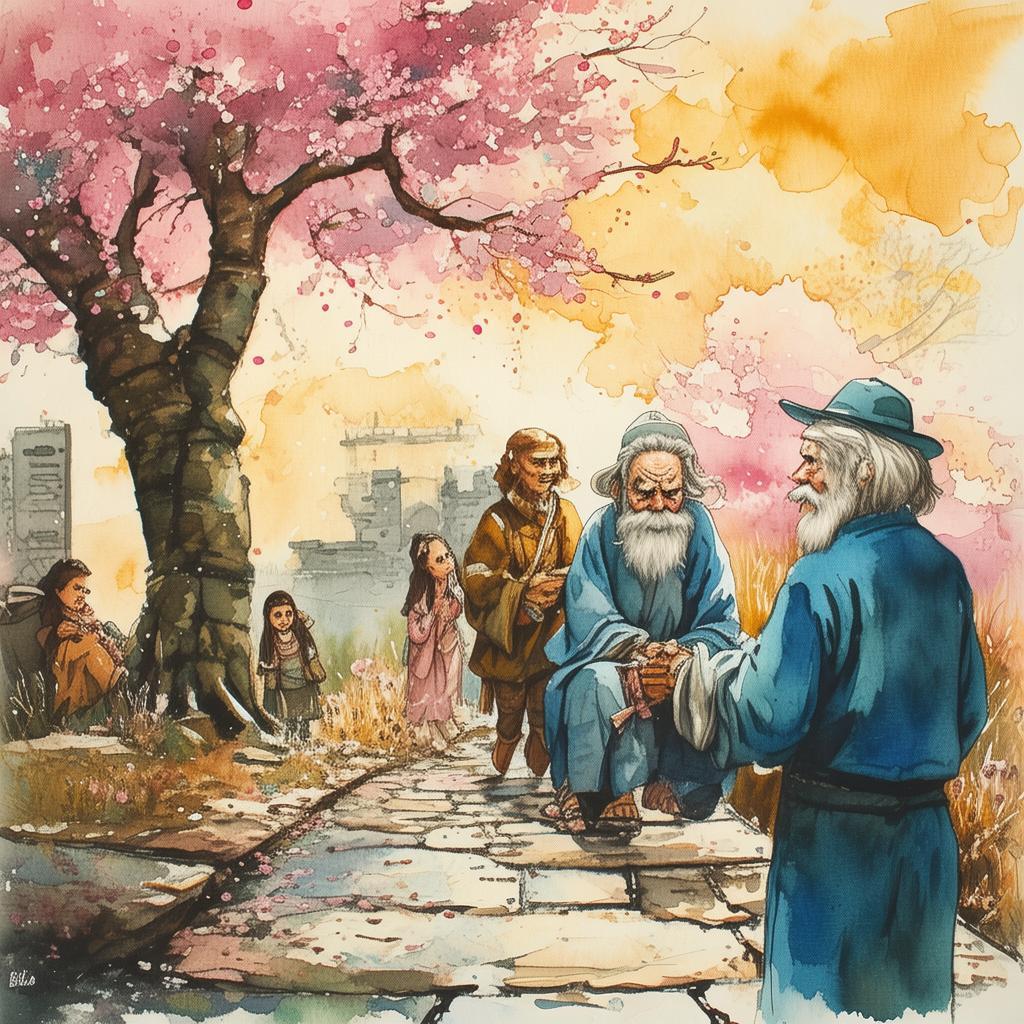
The third key was to recognize the interconnectedness of all things. Jing embarked on a journey to visit various cultures and meet people from different walks of life. Through these encounters, he learned that the answers to the Mind's Paradox could be found in the simplest of things, like the way the wind whispers through the trees or the way a child laughs without reason.
The fourth key was to accept that knowledge was a journey, not a destination. Jing realized that the more he learned, the more questions he had. This acceptance freed him from the burden of seeking absolute truth and allowed him to appreciate the beauty of the unknown.
The fifth key was to cultivate patience. Jing understood that the answers to the Mind's Paradox would not come easily. He learned to be present in the moment, to appreciate the beauty of the journey itself.
The sixth key was to embrace change. Jing saw the world around him as a constant flux of change, and he realized that the Mind's Paradox was not a fixed concept but a fluid one that adapted to the ever-changing nature of reality.
The seventh and final key was to find balance. Jing learned that the mind's paradox was not about seeking a balance between two extremes but about finding harmony within himself. He realized that the ultimate truth lay not in the pursuit of knowledge but in the harmony of one's own being.
As Jing reached the end of his journey, he found himself standing in the library, surrounded by the same dusty books that had once seemed impenetrable. He took a deep breath and closed the book, feeling a profound sense of peace.
The scholars of the library gathered around him, curious to hear his findings. Jing shared his experiences, and as he spoke, they saw the transformation in him. He was no longer the young man who sought the absolute truth but a wise and balanced soul who had found harmony within himself.
The story of Jing and the Mind's Paradox spread throughout the empire, inspiring many to embark on their own journeys of self-discovery. Jing had unlocked the secrets of the mind's paradox, not through knowledge alone, but through the courage to face his own emotions, the wisdom to embrace the unknown, and the balance to find harmony in life's constant flux.
✨ Original Statement ✨
All articles published on this website (including but not limited to text, images, videos, and other content) are original or authorized for reposting and are protected by relevant laws. Without the explicit written permission of this website, no individual or organization may copy, modify, repost, or use the content for commercial purposes.
If you need to quote or cooperate, please contact this site for authorization. We reserve the right to pursue legal responsibility for any unauthorized use.
Hereby declared.
